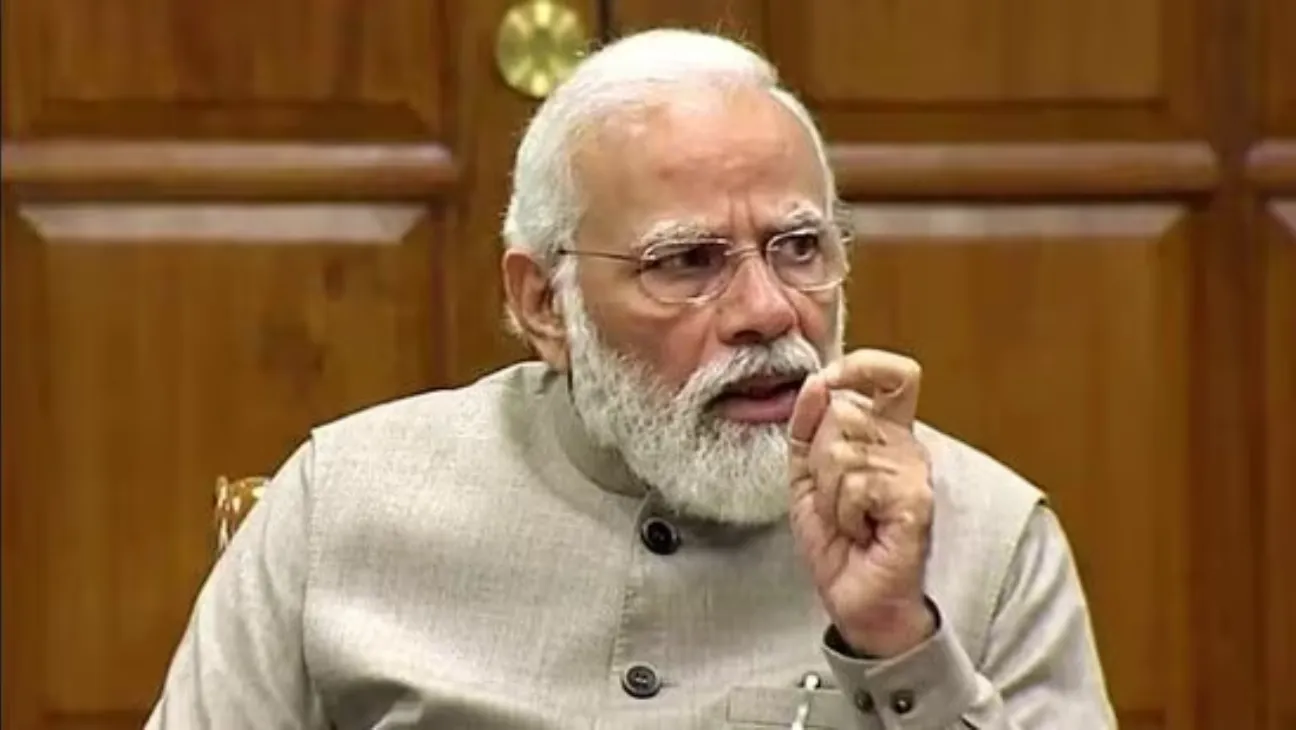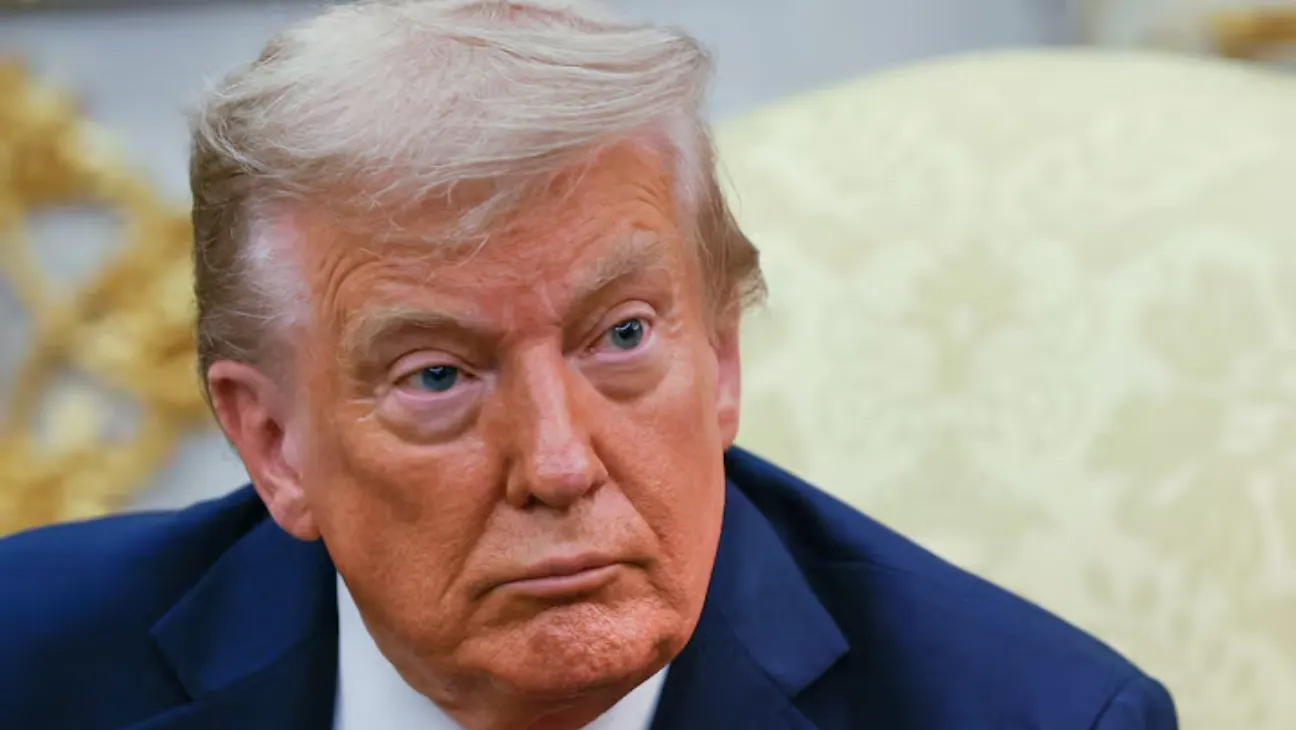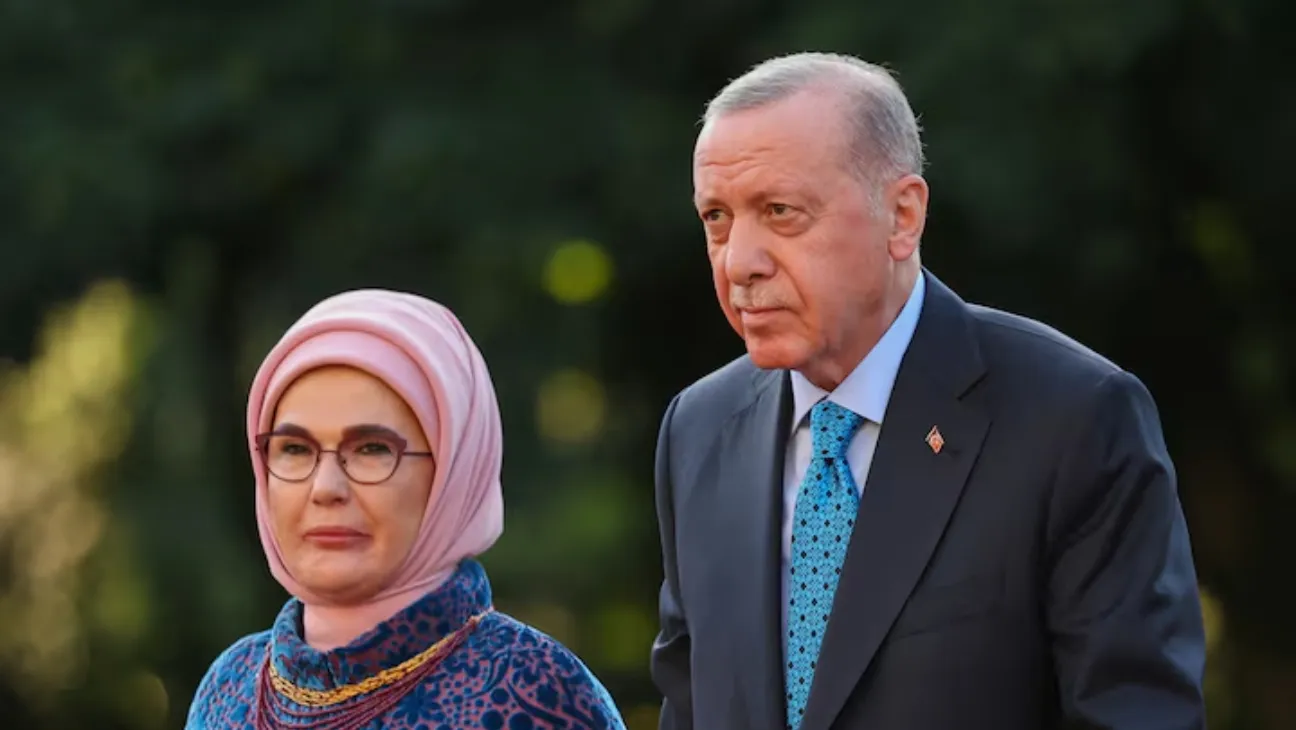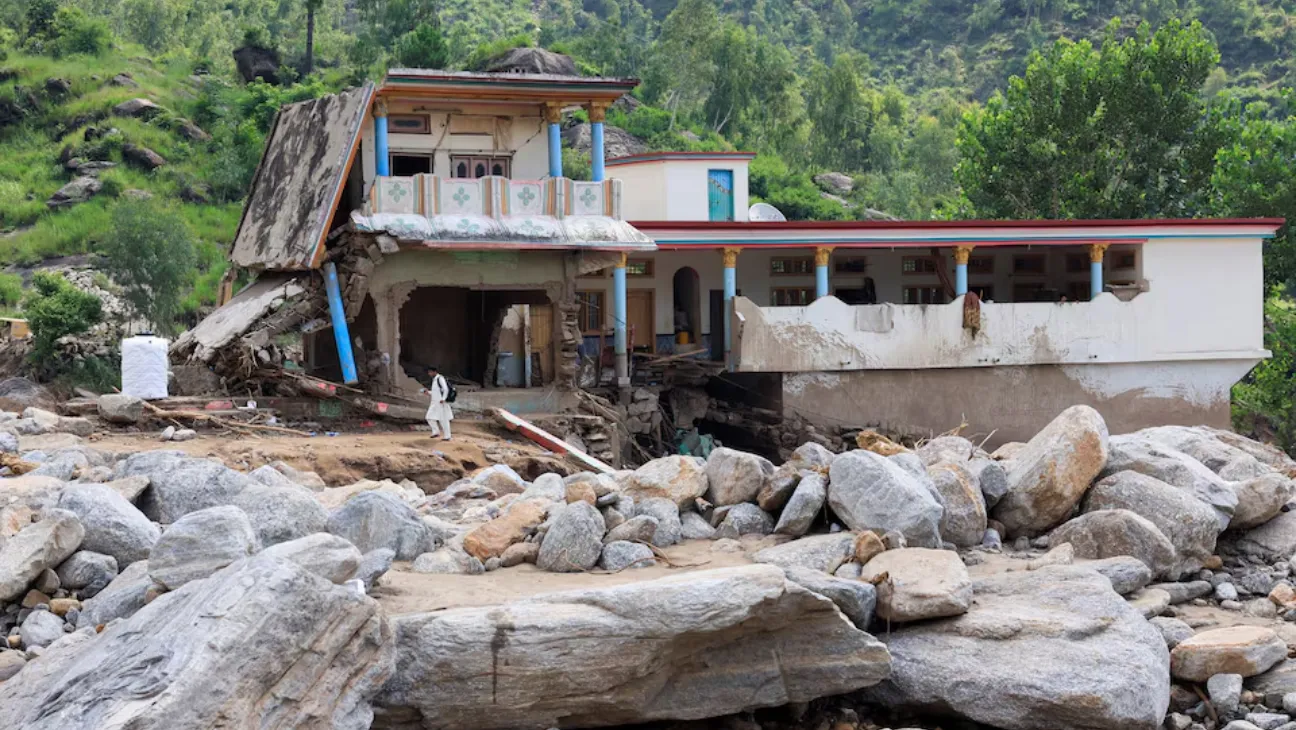This week’s trip to the UK and the Maldives is more than just routine diplomacy for Prime Minister Narendra Modi; it’s a high-stakes push to lock in key economic and security goals.
The first leg in London (July 23-24) is all about business, where Modi will meet with Prime Minister Keir Starmer and King Charles III to finally ink a long-sought-after free trade deal. Then, he’ll pivot to the Maldives to focus on regional security—a clear signal of India’s ambition to be a dominant force in its own backyard.
According to the UK’s estimates, the deal could increase bilateral trade by $34 billion over time. India will receive tariff elimination on 99% of its tariff lines, while Britain will gain reductions on 90% of its exports, including key sectors like whisky, automobiles, lamb, and medical devices.
Labour-intensive Indian sectors like textiles and apparel are expected to gain a price edge over competing countries. Also included in the agreement is a social security exemption under the Double Contribution Convention, allowing Indian companies to post workers to the UK for up to three years without dual payments.
Foreign Secretary Vikram Misri confirmed that legal reviews of the deal have been underway since May. “Last-minute work on that is continuing,” he said.
India and the UK already share deep business connections. Britain is India’s sixth largest investor, with cumulative investments reaching $36 billion. Indian firms have invested about $20 billion in the UK and employ around 100,000 people.
Modi and Starmer are also expected to review cooperation in fields like education, telecom, biotechnology, and semiconductors. A recent move by the University of Southampton to open a campus in Gurugram marked the first such initiative under India’s new education policy, and others may follow.
For Britain, the trade deal is viewed as part of a larger political reset and a step toward building long-term trust.
Still, the visit is not without security concerns. Authorities have prepared for potential disruptions by pro-Khalistan elements. In March, a protester breached security during External Affairs Minister S Jaishankar’s London visit. Misri said the issue of extremism should concern the UK as much as it does India.
After the UK leg, Modi will head to the Maldives from July 25 to 26, where he will attend the country’s Independence Day celebrations as the guest of honor. He will be the first foreign leader hosted by President Mohamed Muizzu since the latter’s election in 2023.
The visit marks a shift in tone between the two countries. Tensions had escalated after Muizzu came to power on an “India Out” campaign, but diplomatic efforts since then have helped stabilize relations.
“We’ve continued to work at it, and I think the result is there for you to see,” Misri said.
India sees the Maldives as a key part of its “Neighborhood First” and MAHASAGAR vision for regional growth. Two-way trade has reached nearly $500 million. The countries are in talks for their own trade and investment treaties. New areas under discussion include renewable energy and fisheries.
India is also funding development projects in the Maldives through a combination of loans and credit lines. The most prominent is the Greater Malé Connectivity Project, which aims to link four islands.
Financial support has continued in the form of currency swap arrangements, including a $400 million emergency package and another valued at ₹30 billion. The State Bank of India has remained involved in the Maldives’ treasury bills.
For India, strengthening ties in its own backyard is more than just good diplomacy—it’s a strategic imperative. The deep defense cooperation with the Maldives is a case in point.
By providing everything from training to naval support, India is actively shoring up regional security, a mission Misri himself emphasized. These recent high-level visits serve as a powerful declaration of that strategy, putting both global powers and immediate neighbors on notice that India is ready to lead.
The negotiations and diplomatic maneuvers in the coming days will define the next phase of that leadership.









